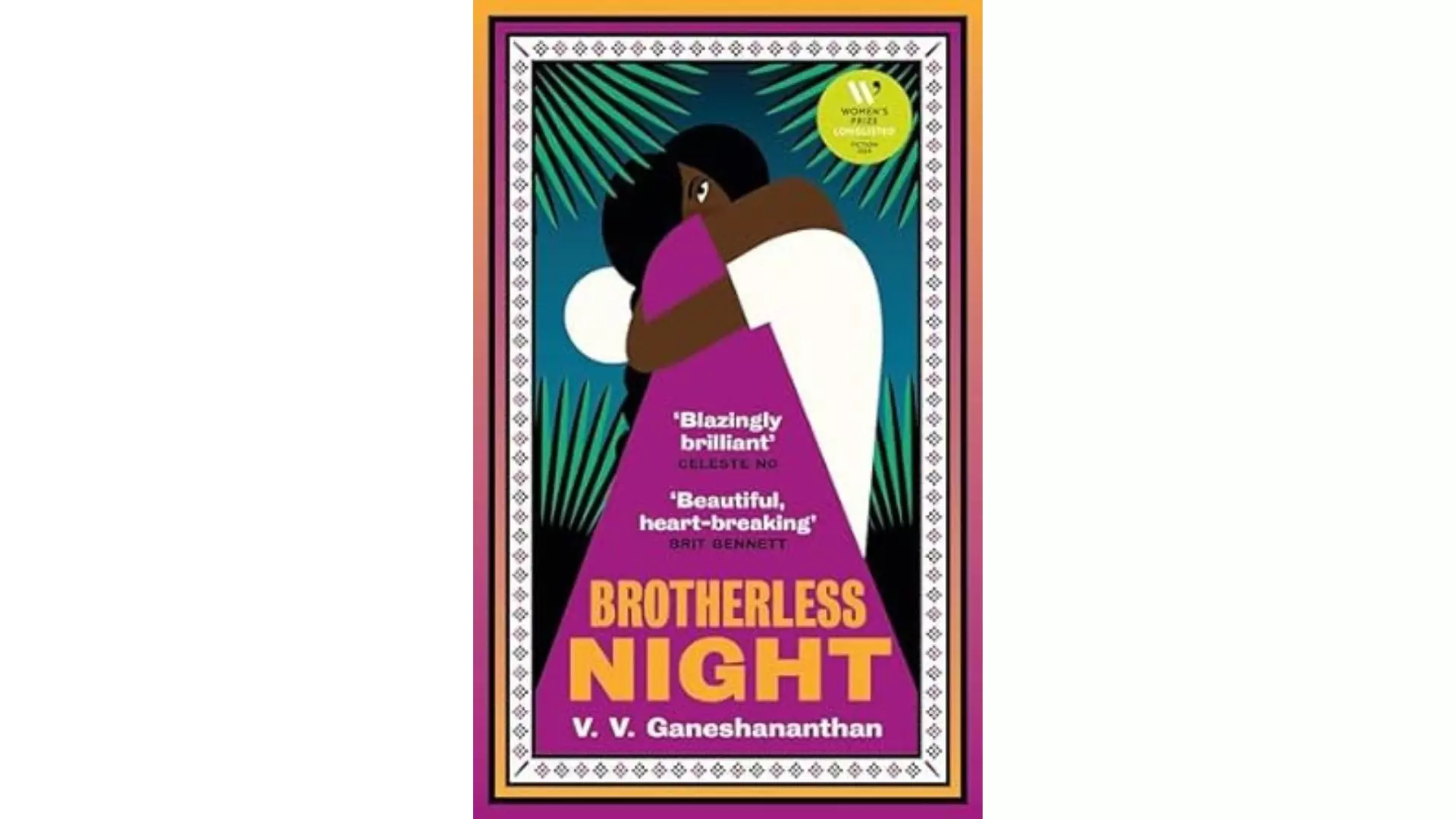Books | Is it possible to do no harm in Jaffna?
The Sri Lankan civil war, fought across nearly three decades, is said to have claimed up to a hundred thousand lives, eviscerating the fortunes of a generation of Tamil families — the majority of whom lived in the north of the country

In the early years of the civil war in Sri Lanka, it was dangerous to ride a bicycle in public. Young boys were apprehended off the streets on suspicion of militant activity, since cycles were understood to be the Tamil Tigers’ preferred mode of transportation. In the first of several ‘brotherless nights’ in V.V. Ganeshananthan’s eponymous novel, a family of seven anxiously awaits their middle son’s arrival. Two men on bicycles have shot a politician in Jaffna town — and both Dayalan and his bicycle are nowhere to be found. Young Tamil men, we learn, are the engine of armed resistance against the majoritarian Sinhalese state. The gentle, bookish Dayalan reappears on the doorstep of his family home several hours later, smeared in sweat and mud. The boys he witnessed being apprehended along the road home are not as lucky.
The Sri Lankan civil war, fought across nearly three decades, is said to have claimed up to a hundred thousand lives, eviscerating the fortunes of a generation of Tamil families — the majority of whom lived in the north of the country. Set in the conflict’s tumultuous first decade, the novel is narrated through the eyes of Sashi: an aspiring doctor and Dayalan’s only sister. As the years roll on, we witness Sashi’s family rocked by the upheaval on the island. The narrative, unfolding across a decade, convulses with violence, swallowing the lives of all four of Sashi’s brothers, and ultimately her own.
Ganeshananthan’s prose is steadfast and measured. As we witness Sashi coming of age under the darkest of political circumstances, her voice matures from the expository naivete of adolescence into a morally nuanced maturity without insisting upon itself. Though the dialogue falters into occasional tedium, the hopelessly brutal violence of war is rendered with delicate economy: a witness is said to have reported news of her brother dying matter-of-factly, “as though she could see her own pain in its entirety, the way you might see a distant mountain from a moving train”.
As a medical student, Sashi finds herself clandestinely operating as a doctor in one of the LTTE’s field sites, treating civilians and cadres alike. One of these cadres is a man we only know as “K”, who is driven by personal loss into a life with the resistance. Through his star-crossed, almost-romance with Sashi, Ganeshananthan weaves in a balanced yet pointed outline of the moral ambiguity of militancy, drawing from the story of a real-life Eelam revolutionary.
As the subject matter itself suggests, this isn’t a novel for happy endings. In light of a year marked by horror of another genocide in Gaza flickering across our devices, Ganeshananthan’s novel becomes harrowingly resonant. A delicate, deftly crafted retelling of Sri Lankan society at a point of no return.
Brotherless Night
By V. V. Ganeshananthan
Penguin
pp. 432; Rs 875
